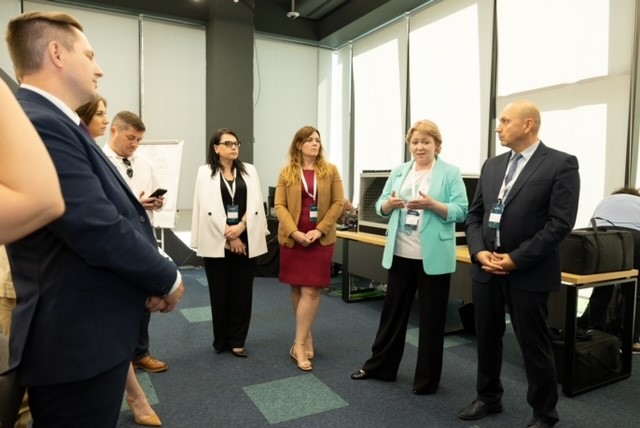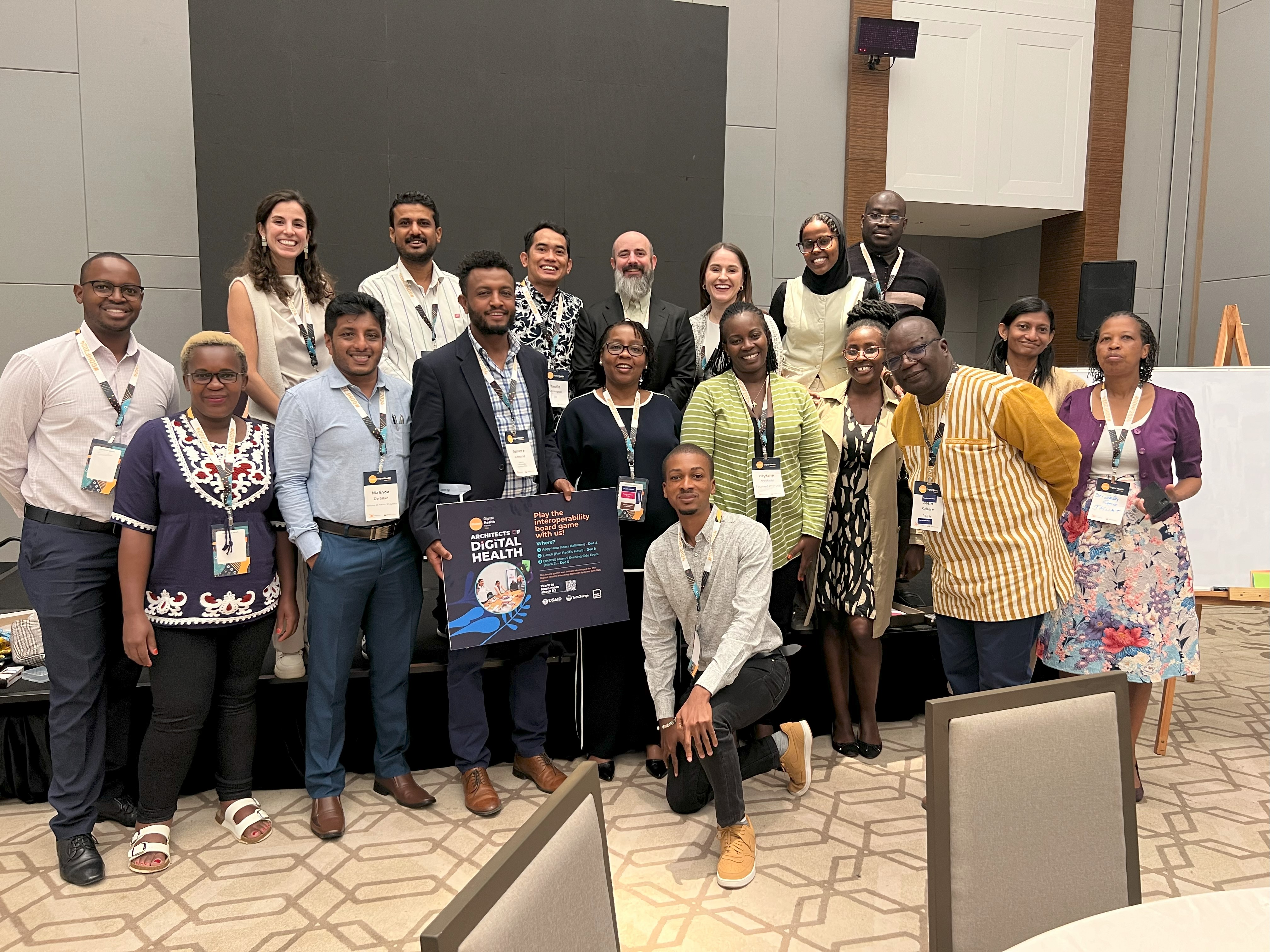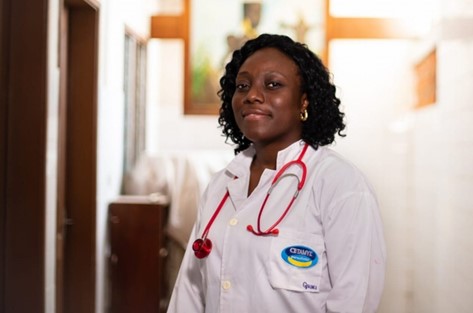By Alexander Paone, TechChange Account Manager, Public Health
There is a growing understanding that the health of humanity and our changing planet are deeply intertwined. Right now, the intersection of digital, climate and global health is an emerging area of focus for funders, NGOs, and local actors alike. Critical research is underway linking rising temperatures, coastal flooding and dangers to human health, along with the role technology can play in mitigating those risks. In this rapidly changing landscape, the complex challenges we face as a species will require expertise and action from across sectors.
Enter TechChange’s newest course: Climate Change, Global Health, and Technology: An Intersectional Approach.
This innovative blended learning experience took participants on a four-week journey through the nexus of these fields, exploring cutting-edge solutions for sustainable development. More than 1232 people from 110 countries enrolled in the course, which was sourced from a wait list developed on LinkedIn. Thanks to generous sponsorship by Abt Global, whose mission is to improve the quality of life and economic well-being of people worldwide, participation was offered 100% free of charge.
What does global health and technology have to do with climate change anyway?
From increases in pest-related diseases such as West Nile Virus and Lyme disease, to respiratory and heart diseases linked to increased temperatures and atmospheric pollution, climate change is already worsening health challenges all over the world. Technology can play a transformative role in our approach, particularly in the data that is used to inform decision making and prioritize investment. The four units of Climate Change, Global Technology, and Health are intentionally scaffolded to build upon a foundational understanding of the intersection of these three fields, enabling participants to identify and discuss relevant data and data sources, then to explore adaptation and mitigation strategies that can be leveraged to build climate resilience.
For example, Kenneth Davis from Fraym presented to course participants about hyperlocal risk maps, where scientists can predict disease outbreaks using satellite data on changes in animal habitats. And while these models often miss the impact of human behaviors due to less granular data, Fraym shared how he addresses this gap by combining the satellite data with surveys to provide hyperlocal population insights and predict the combined impact of climate change and human behaviors on disease outbreak risks.
Since none of this happens in a vacuum, Climate Change, Global Technology, and Health: An Intersectional Approach concludes with advocacy training for participants to be able to align climate and health priorities and work towards a better future.
What’s the response been like to the course?
Designed for individuals with a background in public health, environmental studies, climate science, technology, or related fields, participants are professionals with an interest in understanding the intersection of climate change, health, and technology. An incredibly diverse group participated in this first cohort, from a Ministry of Health official in the East African country of Cosmoros to a university student in Papua New Guinea. Their feedback after completing the course reinforced the importance of the subject matter and its direct applicability. 100% of participants indicated the course material was relevant and practical to their work.
One participant called the mix of self-paced modules, live webinars, group discussions, and interactive activities “a very productive and meaningful experience,” while another commended the “diversity of the group and interactions with new people, since climatic determinants of health can be a taboo topic in Low- to Moderate- income countries to even think about.”
What will course graduates do differently?
From utilizing data to inform decision making to advocating for climate and health priorities, participants rated themselves as more knowledgeable across all concepts in comparison to the pre-course survey. And graduates are planning to put that knowledge into practice. More than 75% indicated that they would share course resources and knowledge with others in their professional networks, and work to implement activities that support climate resilience or reduce emissions.
A microbiologist from the country of Djibouti who completed the course put it best: “This course improved my knowledge and skills in tackling challenges related to climate change and heath. Now I’m able to use some of the technology that is available in our organization to decrease the impact of climate change on health and present projects for better health care systems.”
Want to prepare yourself for a changing world? Join the waitlist for the next cohort today. Interested in funding a new cohort? Contact us here.




